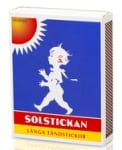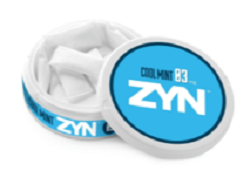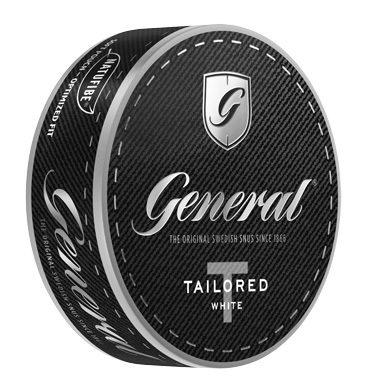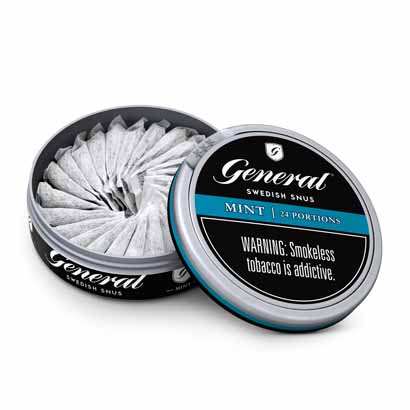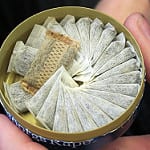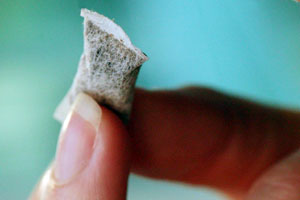Swedish Match has acquired V2 Tobacco, previously a privately-owned smokeless-tobacco company primarily active in Europe.
The purchase price was not disclosed in a press note posted on Swedish Match’s website today, but V2 Tobacco, which was started in 2006 and which has its headquarters in Silkeborg, Denmark, was said to have an annual turnover ‘in the range of’ SEK160 million.
Annual production at V2 Tobacco, which has about 60 employees and which is said to have modern and flexible production facilities, is ‘close to 20 million cans of chew bags and snus combined’.
The company has a brand portfolio that includes Thunder, Offroad, and Phantom.
It is active in more than 25 markets, but its main markets are Denmark, Sweden and Norway, Germany, Switzerland and on-line. It is said to have a small but growing presence in ‘certain other European markets’.
‘In this transaction, Swedish Match will acquire 100 percent of the shares in V2 Tobacco (production and sales/marketing in Denmark),’ the press note said.
‘The current CEO and one of the founders of the company, Marc Vogel, has agreed to remain with the company, which will be operated for the most part independently from other Swedish Match businesses.
‘The closing date of the transaction is August 31st.’
“We are very excited about this transaction,” said Lars Dahlgren, president and CEO of Swedish Match. “A vibrant and independent V2 Tobacco business fits very well as a complement to our existing organization. V2 Tobacco´s modern and adaptable production allows Swedish Match improved flexibility and expanded opportunities to adapt to changing consumer desires, helping Swedish Match to move further toward its vision of a world without cigarettes.”
Meanwhile, Vogel said it had been important to find a buyer who shared V2 tobacco’s values and ambitions for the future.
“With their long history, competence and their extensive work with product quality, Swedish Match will give our operation in Silkeborg new and better opportunities to develop and grow,” he said.

